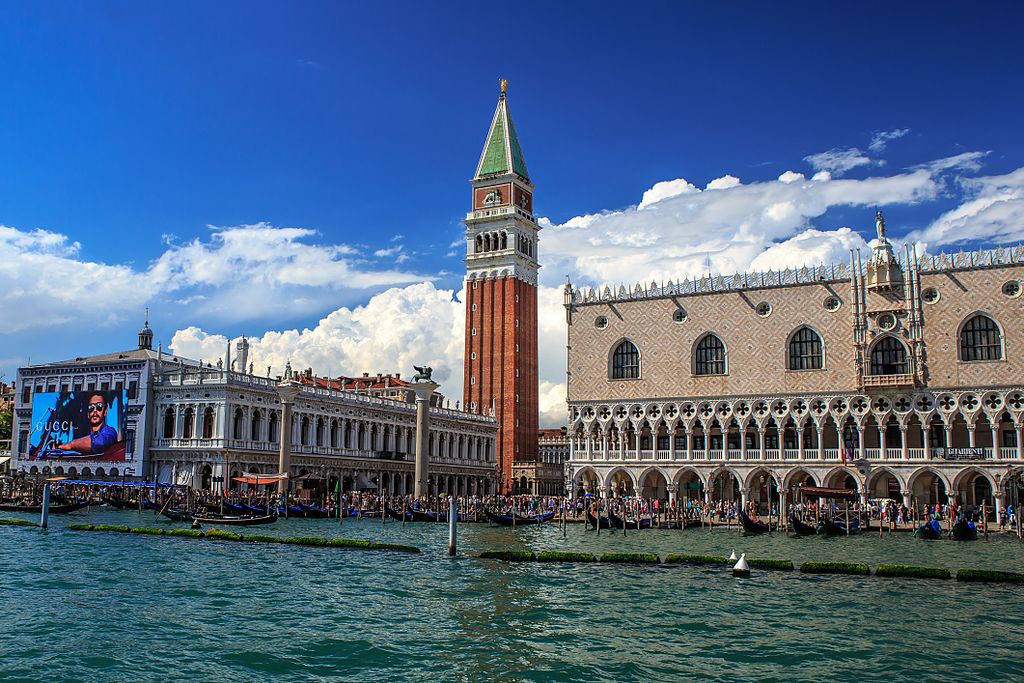Skift Take
Uncontrollable crowds and travel-induced community disruption happen in even less-visited tourist destinations, says a leading tour operator. His message: Don't waste an opportunity like the pandemic. Please don't rebuild to just the way things were at the end of 2019.
Overtourism was a problem often associated with some of the world’s most iconic destinations before the pandemic.
But the travel industry needs to adjust its definition of overtourism in seizing growth opportunities and building back from its worst performance year on record, according to the founder of one leading tour company.
“Overtourism is a buzzword, and it implies a mass amount of tourists who want to see some of the most iconic places in the world,” said G Adventures founder Bruce Poon Tip Thursday at Skift’s Short-Term Rental and Outdoor Summit. “But it’s a much deeper issue, overtourism, and no one studies when you start talking about responsible or sustainable tourism or how a small group of 20 or 30 can disrupt a community.”
Overtourism, coined by Skift, came to be associated with cities like Venice or destinations like Machu Picchu: iconic places most travelers wanted to see, despite knowledge these were heavily packed with other travelers in peak travel seasons. However, the problem extends well beyond these markets.
Smaller communities, often with Indigenous populations, react to the arrival of tourists by upending their way of life to cater to those visitors, Poon Tip said. Children skip class to make goods to sell to tourists on days they know when a cruise ship would be docked in a local port or even when a smaller group just happens to be passing through a remote village.
“Overtourism can be regulated, but it has to be looked at so differently,” Poon Tip added. “Overtourism still exists, as people push toward more remote areas wanting more and more unique experiences. Twenty or 50 people are considered overtourism in those more remote areas.”
A Mindful Rebound
Struggling travel companies will understandably look for any way to quickly bounce back to 2019 financial performance levels. But the G Adventures founder sees the pandemic as an opportunity for the industry to finally address some of its pre-crisis unfettered growing pains.
“The industry has got to where there’s a constant push for growth and capacity rather than experiences. As an industry, we’re guilty of not taking that opportunity to be transformational,” Poon Tip said. “We don’t get the recognition or the seat at the table we deserve. But we can do so much more for the size of our industry to have a much bigger impact.”
That call for a transformational industry appears to rest on the idea that travel needs to get to the basics of being an experiential industry rather than something purely transactional. Poon Tip pointed to the fact that some of the most luxurious resorts are often in the countries most in need financially, and local communities rarely benefit from the high occupancies of a nearby five-star resort.
While the tour operator was limited in presenting clear corporate solutions to this problem, he did call for travelers themselves to take on a greater responsibility in contributing to a more thoughtful future for the travel industry.
“There are companies that do better and companies that don’t. There are better cruise companies and better hotels,” Poon Tip said without naming specific brands. “It’s that education of the customer that’s going to be important the next time they ask questions and care about where their money actually goes when they book a holiday.”
The Daily Newsletter
Our daily coverage of the global travel industry. Written by editors and analysts from across Skift’s brands.
Have a confidential tip for Skift? Get in touch
Tags: coronavirus, coronavirus recovery, g adventures, overtourism, stro2020
Photo credit: The pandemic is an opportunity to solve overtourism in markets beyond Venice (pictured), says the founder of a leading tour company. Murray Foubister / Wikimedia

